Alumnus Shaun Lynda, co-host of the Two Black Guys with Good Credit podcast, returned to Ottawa University campus with Financially CLEAN program director Dionne Nicholls to make three short “Money 101” videos for new grads.
1. Don’t rush to pay off your debt
There is a difference between good debt and bad debt. Good debt being a mortgage or university loans, bad debt being buying your partner too many things or eating out way too often. Debt is okay to have as long as you manage it correctly and accordingly.
2. Find investment opportunities to help pay off your debt and loans
Don’t spend all your money from your new career all at once trying to pay off your university loans. Rather, invest the money and use that to gradually pay it off.
3. Don’t feel married to your bank
You can shop around for different banks with different interest rates on your investments. A common misconception is that there isn’t room for negotiation. Never settle for something that doesn’t work for you and your budget.
4. Focus on the small things while trying to save
Sometimes the small things matter most. Avoid trying to buy in bulk when shopping for groceries. Instead, focus on buying the ‘no name’ brands and use coupons. Coupons are money and there are apps to help you navigate the savings. You no longer have to spend hours going through magazines and books to cut them out. It’s much more simple and useful than people think!
5. Look at your budget as a challenge
Set your budget, and challenge yourself every month to stay within the goal. Look at your budget like you would your fitness goals. Challenging yourself to seek more opportunities to lower your expenses can become fun!
6. Start building your credit
If you are contemplating whether to get a credit card, get one! Start building your credit as soon as possible. This becomes very important later in life when applying for loans and mortgages. Be careful though; make sure you use it responsibly!
7. Credit cards are not free money!
If you are getting a credit card, make sure you only spend the money you have. Use it very wisely. Otherwise, the interest rates can rack up and your credit score could go down. Just pay it off on time, and make sure do not do not look at it like ‘free money’.

